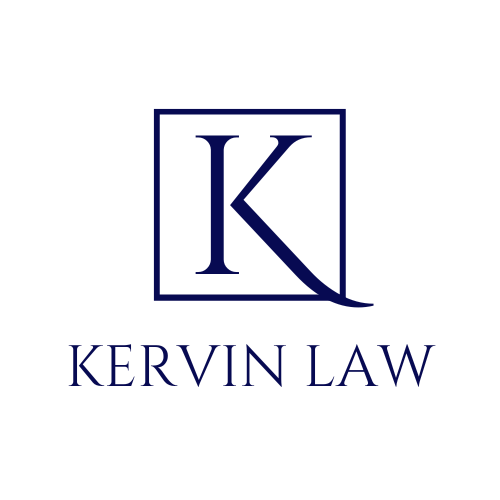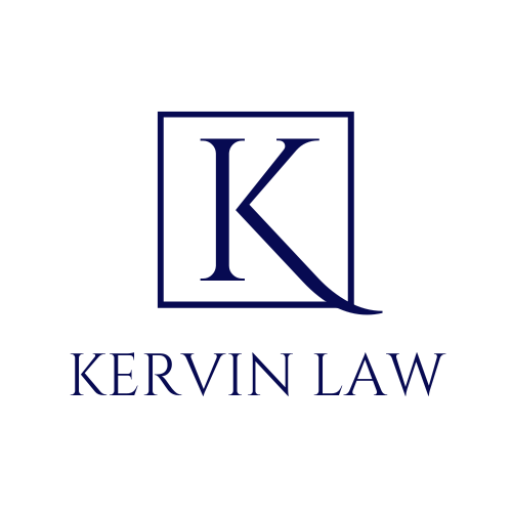If you are facing debt lawsuits or debt collection threats, give me a call to discuss your non-bankruptcy options. I have years of experience helping people get out of or negotiate down significant unsecured and secured debts.
These debts might include credit card bills, medical bills, second mortgages or other similar types of debts.
Here are 5 key points I should know about fair debt collection practices act:
1. The Fair Debt Collection Practices Act (FDCPA) is a federal law that protects consumers from abusive debt collection practices.
2. The FDCPA prohibits debt collectors from engaging in unfair, deceptive, or abusive practices when attempting to collect a debt.
3. Debt collectors are not allowed to contact you at inconvenient times or places, such as before 8 a.m. or after 9 p.m., or at your place of employment.
4. Debt collectors are not allowed to threaten or harass you, use profane language, or make false statements.
5. The FDCPA also requires debt collectors to provide you with written notice of the debt within five days of contacting you.
Here are 5 key points I should know about the fair credit reporting act:
1. The Fair Credit Reporting Act (FCRA) is a federal law that was enacted in 1970 to protect consumers from inaccurate or incomplete information in their credit reports.
2. The FCRA requires credit reporting agencies to provide consumers with access to their credit reports and to correct any errors or omissions.
3. The FCRA also requires credit reporting agencies to provide consumers with a notice of their rights under the law.
4. The FCRA also limits the amount of time a negative item can remain on a credit report (7 years for most items).
5. The FCRA also requires credit reporting agencies to provide consumers with a free copy of their credit report once every 12 months.


